The Great Curry Katsu Caper: Spicing Up Japan’s Iconic Comfort Dish!
If you’ve ever tasted Japanese curry katsu, you know it's more than just a meal — it’s a warm hug in a bowl. But how much do you really know about this flavorful fusion of crispy fried meat and spiced curry? In this blog, we’ll dive into the history, spices, techniques, and global influence of Japanese curry katsu, while giving you some practical kitchen tips to make it at home like a pro.
Table of Contents
- A Bite of History: The Origins of Curry Katsu
- Spice Profile Breakdown: What Makes It Unique?
- 5 Pro Tips for Perfecting Your Curry Katsu at Home
- Global Spice Traditions Meet Curry Katsu
- From Osaka to Oslo: Regional Variations Around the World
- The Science of Crispy Coating & Flavorful Curry
- Fun Facts You Never Knew About Curry Katsu
- Conclusion: Curry Katsu — A Global Spicy Sensation
A Bite of History: The Origins of Curry Katsu
Japenese curry katsu is actually a culinary lovechild born from British colonial influences and local ingenuity. Back in the late 19th century, during Japan’s Meiji Restoration, the imperial navy adopted a Western-style diet, including curry — inspired by Indian curries brought back by the British.
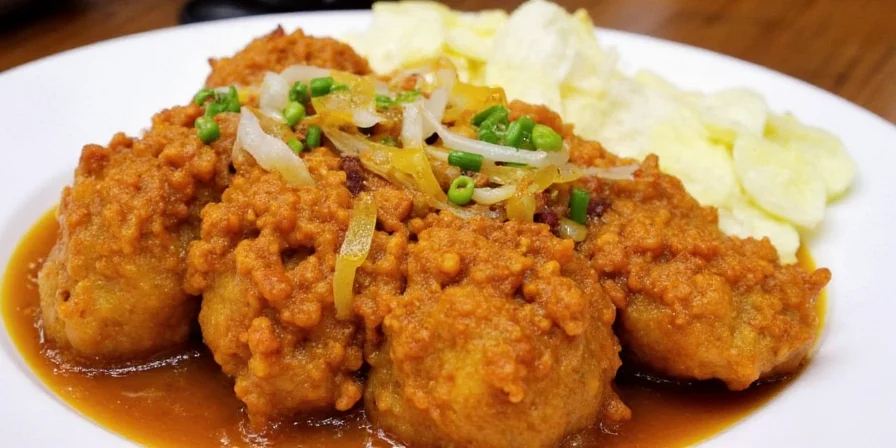
Over time, the Japanese adapted the recipe to their taste buds, toning down the heat and adding sweetness with ingredients like apples and honey. The “katsu” part (short for katsuretsu) — breaded and deep-fried meat cutlet — came later as a topping or side dish, eventually being embraced directly into the curry itself.
Timeline of Key Moments:
| Year | Milestone |
|---|---|
| 1877 | First recorded use of curry in the Japanese Imperial Navy |
| 1950s | Instant curry roux introduced, making curry accessible nationwide |
| 1980s | Katsu curry becomes a national comfort food favorite |
Spice Profile Breakdown: What Makes It Unique?
Japanese curry katsu may seem simple, but its spice blend is anything but basic! Unlike Indian curries, which often rely on complex layers of ground spices, Japanese curry has a mellow warmth and mild sweetness that balances beautifully with the crispiness of katsu.
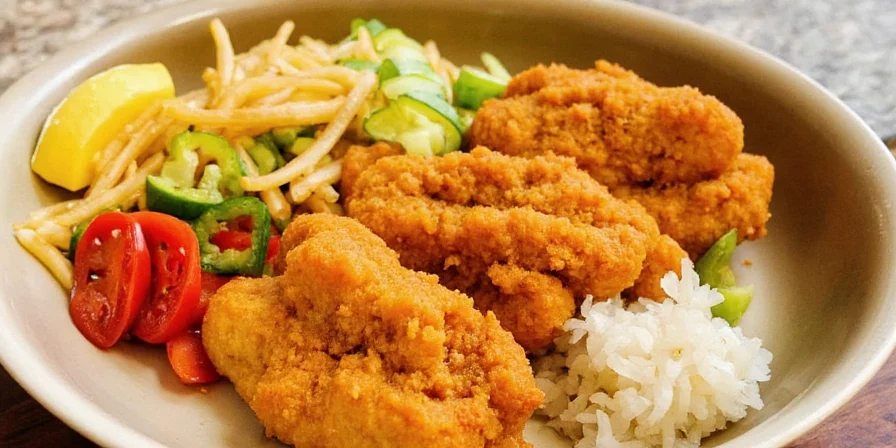
Common Spices Used in Japanese Curry Powder:
- Turmeric: For that golden color and earthy flavor
- Cumin: Adds depth and smokiness
- Paprika: Brings mild heat and vibrant color
- Cinnamon: Introduces subtle sweetness and warmth
- Coriander: Balances the overall flavor profile
- Nutmeg: Enhances the richness of the sauce
Some commercial blends even include dried fruit powders or cocoa for added complexity — a nod to Japan’s penchant for balancing sweet and savory.
5 Pro Tips for Perfecting Your Curry Katsu at Home
You don’t need to be a master chef to create restaurant-worthy curry katsu. Here are five essential tricks that’ll help you nail the perfect texture and flavor every time.
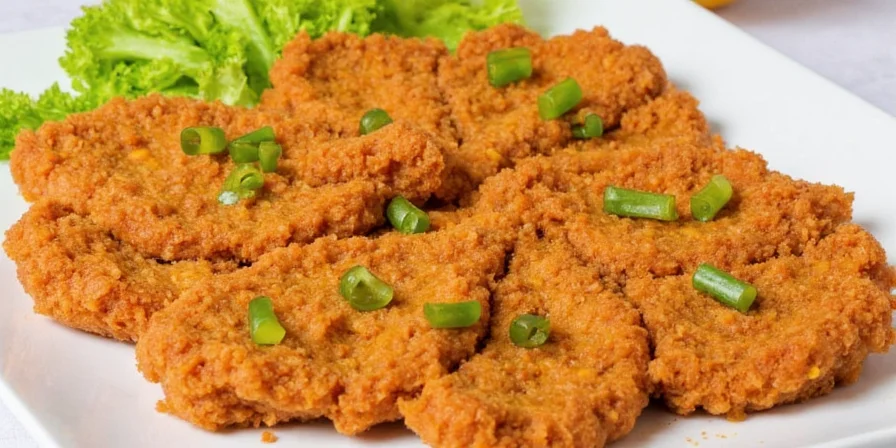
- Batter It Up Right: Use a combination of flour and panko breadcrumbs for an ultra-crispy crust. Don't skip the egg wash — it helps the crumbs stick better.
- Fry Twice for Extra Crunch: Fry the cutlet once to cook through, then let it rest. Re-fry for 30 seconds before serving to revive the crunch.
- Dice Vegetables Small: Carrots, potatoes, and onions should be uniformly diced so they all soften evenly without overcooking any one vegetable.
- Add a Secret Sweetness: Try grated apple or a teaspoon of honey in your curry base for that signature Japanese sweetness without overpowering the spices.
- Simmer Slowly: Let your curry simmer on low heat for at least 30 minutes. This allows flavors to meld together beautifully.
Global Spice Traditions Meet Curry Katsu
Japenese curry katsu might have roots in India and Britain, but it’s become a global ambassador of spice fusion. Across Asia, Europe, and even the Americas, chefs and home cooks alike are putting their own twist on this classic combo.
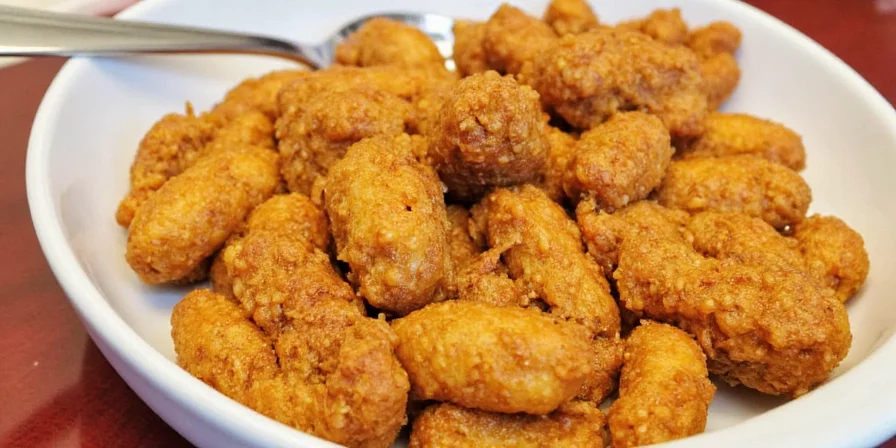
How Different Cultures Have Adopted Curry Katsu:
| Region | Twist |
|---|---|
| Hong Kong | Spicy chili paste added to the curry for extra kick |
| Thailand | Coconut milk infused curry with lemongrass and galangal |
| United States | Served over rice or with cheese fries — the ultimate fusion |
From Osaka to Oslo: Regional Variations Around the World
While the core of curry katsu remains the same — crispy pork or chicken cutlet served with rich, mildly spiced curry — different regions have put their own spin on it. Some stick close to tradition, while others take wild liberties.
Popular Regional Variants:
- Karen Butter Chicken Katsu: Inspired by Thai-Japanese fusion, uses tandoori spices and coconut cream.
- Lime & Chili Curry Katsu (Mexico): Brightened with lime juice and topped with spicy jalapeño slaw.
- Vegan Jackfruit Katsu: Plant-based alternative using jackfruit and gluten-free coating.
- Okonomi Katsu: Topped with mayo, seaweed, bonito flakes, and teriyaki sauce — a street food dream come true.
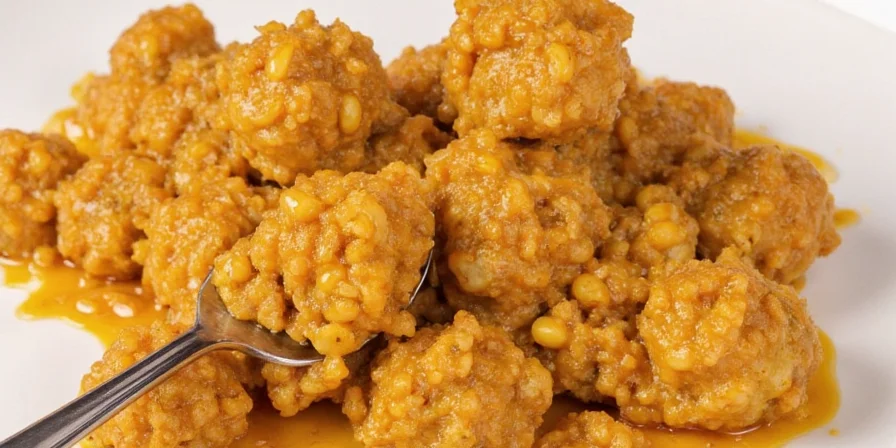
The Science of Crispy Coating & Flavorful Curry
Want to geek out for a second? Let’s talk about what really happens when you fry that cutlet and simmer your curry sauce.
The Maillard Reaction – The Hero Behind the Crunch:
That golden-brown crust isn’t just aesthetic; it’s the result of the Maillard reaction, where amino acids and sugars react under high heat to create that addictive umami-rich layer.
Why Simmering Builds Flavor:
In the curry pot, proteins break down, starches gelatinize, and volatile flavor compounds from spices get released. Simmering allows everything to bond into a harmonious sauce instead of tasting like a random pile of ingredients.
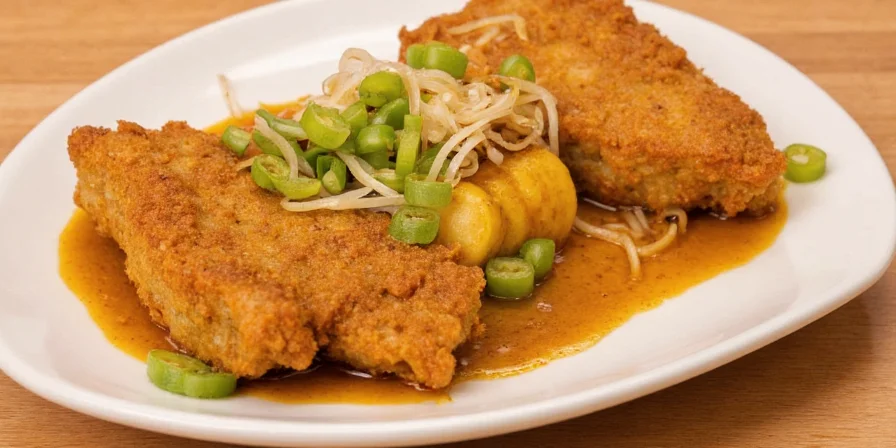
Fun Facts You Never Knew About Curry Katsu
- Japenese schools serve curry katsu every Friday — it’s literally written into school lunch calendars.
- There are over 100 regional variations of Japanese curry alone — each town has its own “secret” recipe.
- The Japanese military originally served curry to sailors to boost morale and prevent beriberi (a disease caused by vitamin B deficiency).
- Katsu comes from the word “cutlet,” borrowed from the English word — yes, it’s a very Anglo-Japanese invention.
- The first ready-made curry roux was sold in 1950 by House Foods — revolutionizing home cooking in Japan forever.
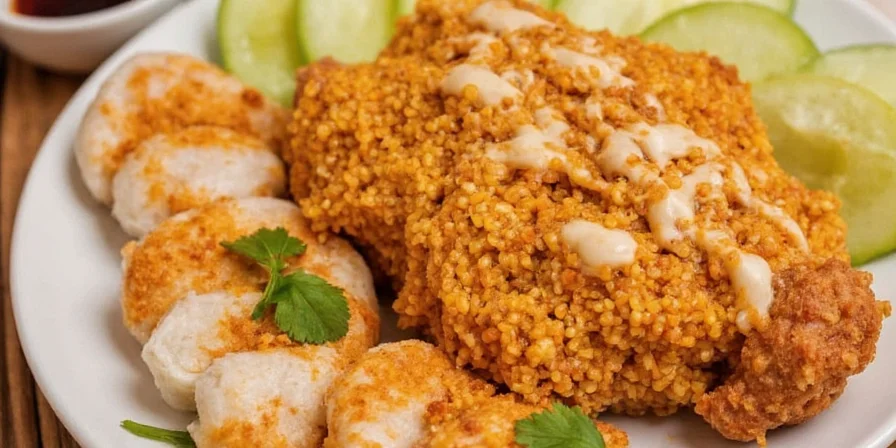
Conclusion: Curry Katsu — A Global Spicy Sensation
Japenese curry katsu is more than just a comforting plate of food — it’s a story of cultural fusion, bold experimentation, and the unifying power of spices. Whether you're whipping it up in your kitchen or trying a new international variation, there’s always something new to discover about this beloved dish.
So next time you reach for that curry spoon, remember: you’re not just eating — you’re experiencing centuries of spice trade, naval rations, and culinary creativity rolled into one delicious bite.
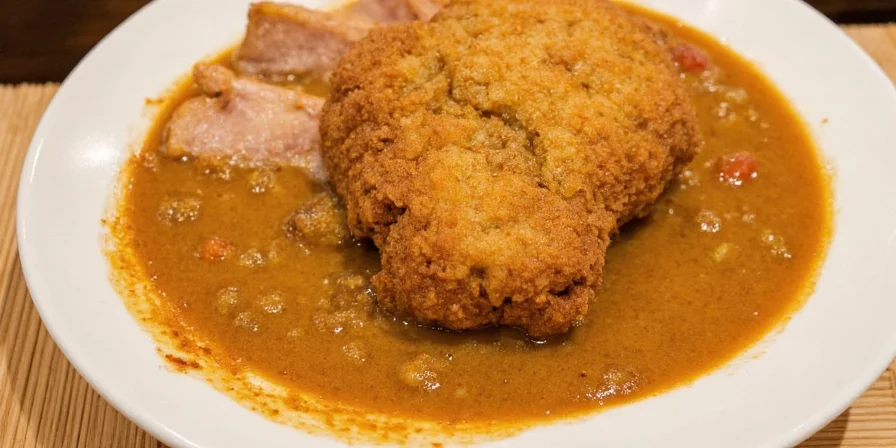
Happy cooking, spice explorers!

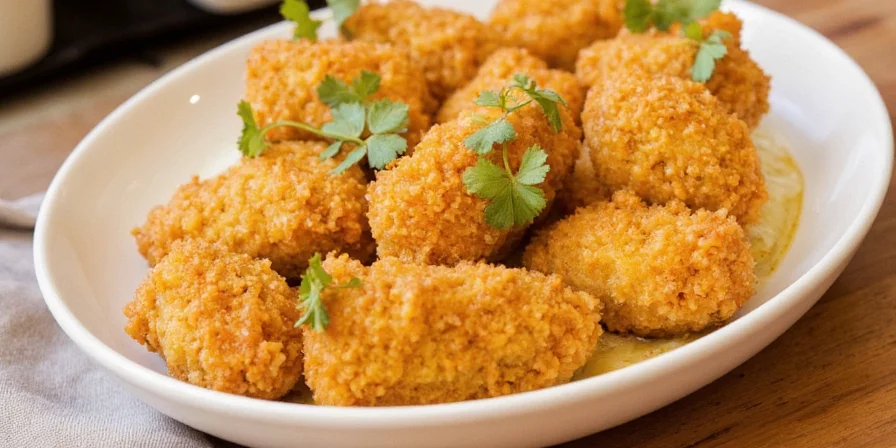









 浙公网安备
33010002000092号
浙公网安备
33010002000092号 浙B2-20120091-4
浙B2-20120091-4